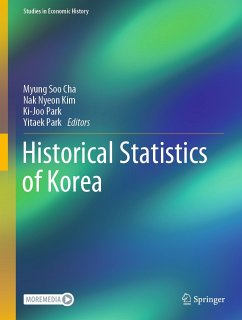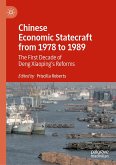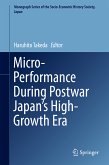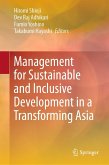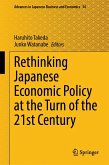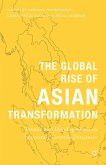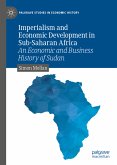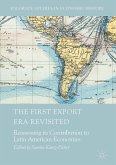This book presents economic statistics of Korea in the past three centuries, focusing on the century following 1910. The data, typically time series rather than cross-sectional, are given in 22 chapters, which refer to population, wages, prices, education, health, national income and wealth, and technology, among others. Rather than simply putting together available data, the contributors to this statistical compendium made adjustments to ensure intertemporal consistency when required. An overview draws attention to the discontinuous shifts occurring over time in the quantity and quality of the statistical information available, which was associated with the regime changes Korea underwent including the imposition of Japanese rule in 1910 and de-colonization and split into two Koreas three and half decades later. Individual chapters begin with a brief introduction, which helps users better understand and use the data. Data sources and references in the Japanese and Korean language are fully provided following the standard Hepburn and McCune-Reischauer Romanization with English translation to assist users to identify materials and explore more deeply the wealth of statistical data waiting to be analyzed.
Dieser Download kann aus rechtlichen Gründen nur mit Rechnungsadresse in A, B, BG, CY, CZ, D, DK, EW, E, FIN, F, GR, HR, H, IRL, I, LT, L, LR, M, NL, PL, P, R, S, SLO, SK ausgeliefert werden.

